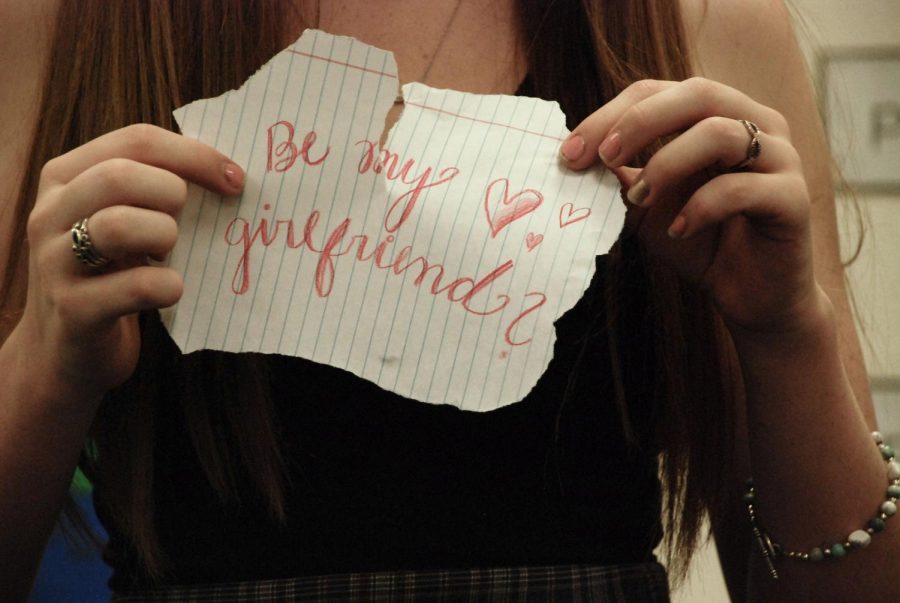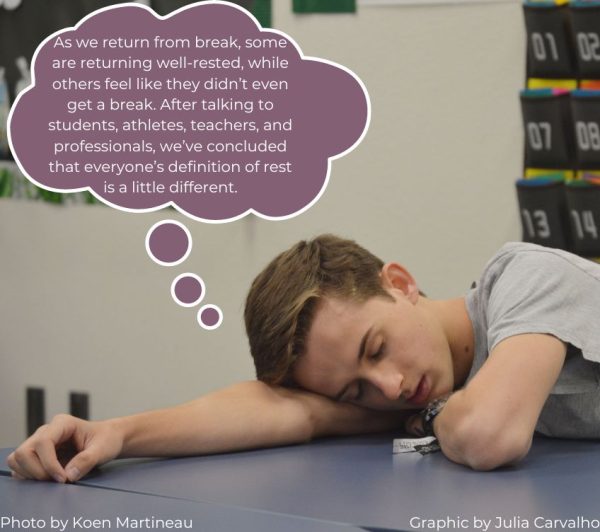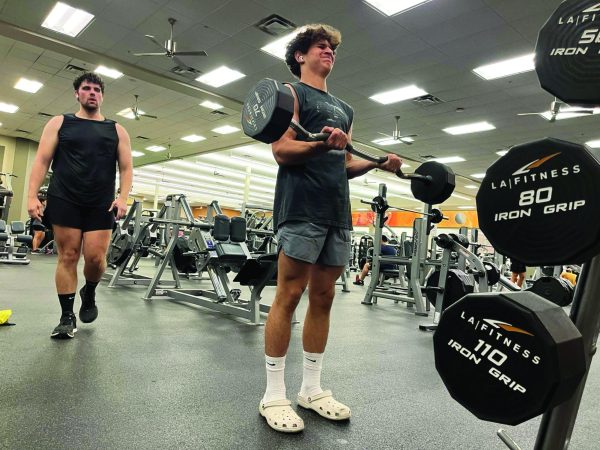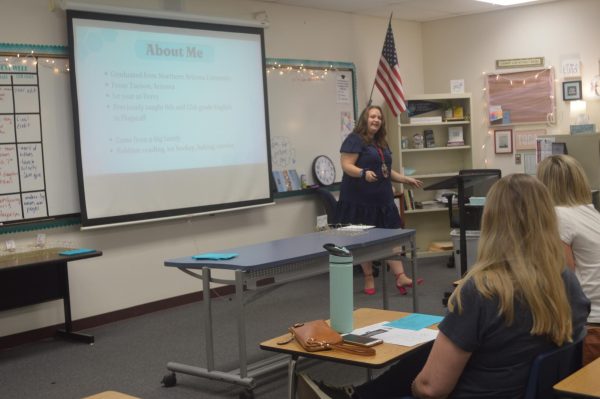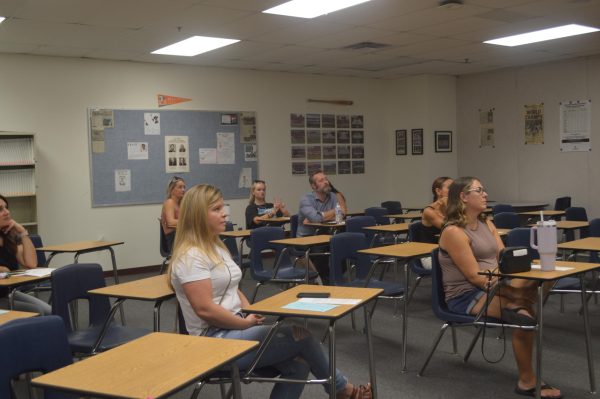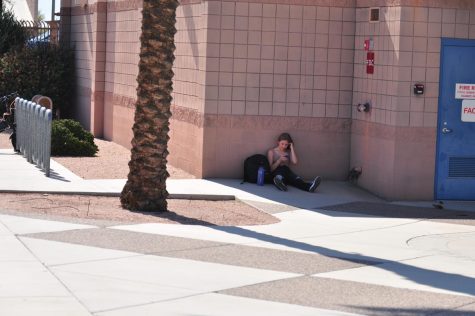Gen Z has a major fear of commitment, it’s not our fault
“…in an instant, you are dating someone, they’re your loyal partner and the “L” word is going to fall out of your mouth at any moment. Ten minutes ago you were trying to figure out their favorite color!”
We live in the era of sequels. As Hollywood runs out of ideas, they fall back on characters and tropes that they know people already love.
The number one tactic used to draw people back in and create drama is to overturn the happily ever established in the first film.
Going long-distance creates tension, a new interest comes into the scene, or the once-perfect pair simply grows apart. The strategy makes sense and is entertaining to watch, but this constant pulling of the rug has left Gen Z emotionally confused.
As a generation, we do not believe in happily ever after because we have been trained to believe it won’t last, leaving us deserted with a widespread fear of commitment.
In addition to our general disillusionment, Gen Z is held back by stunted communication skills.
“I think that technology has kind of caused this gap to happen where people don’t communicate the way that they used to and communication has become a little bit more difficult so they don’t have the same kind of connections that they did before,” psychology teacher Julianna Rodman explained.
People move at different speeds. This is completely normal and acceptable, however, the problem comes where people are afraid to disclose this to their partners. This leads to highly volatile situations and uncomfortability on both ends.
While many steer clear of any commitment, some peers have created too much pressure for couples once in an official relationship. The contemporary stages of teenage dating that go from zero to sixty in lighting speed.
As you get to know someone you enter the “talking stage”. After the talking stage, you hang out, but it’s not a date. If you like someone enough after that, suddenly you two are officially dating. Not just dating, by the way, because for some strange reason our generation has decided that “dating” and having a boyfriend/girlfriend are synonymous (for the record, they’re not!).
This means in an instant, you are dating someone, they’re your loyal partner and the “L” word is going to fall out of your mouth at any moment. Ten minutes ago you were trying to figure out their favorite color!
Senior Christine Burboz explained, “Love is something that should come with time and trust and shared experiences that bond you to each other. It is not something you say to someone you went to ice cream with two weeks ago.”
This fear of being caught in the whirlpool of high school love has kept people out of official relationships all together. “You can have very good friends in very good relationships, you can have romantic relationships without actually being in a ‘official’ relationship…Official relationships in high school are stupid because you’re not ready for that kind of commitment,” Burboz said.
As for how to fix it? In addition to improved communication, Rodman says, “Recognizing it is a key thing. Some people just don’t really realize what they’re going through. It’s partially just self-recognition but I think that’s the hardest part”.

Lindsey is a high school senior and is in her third year of newspaper. She is the Double Truck Editor and covers running and food reviews. She loves long...

Meghan McGowan is a senior at Perry High School and it is her second year writing for the Precedent. This year she is excited to write about Football (again...),...

